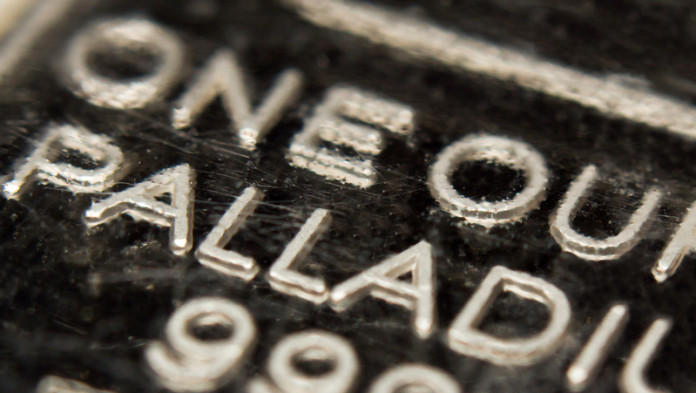
IMPALA Platinum (Implats) has taken a heavy hit on its Canadian mine, impairing the asset by more than half its initial R11.4bn purchase price in 2019.
Commenting in a further trading statement, the group said today the mine had been written down for R7.8bn owing to a decline in the palladium price. For shareholders, this write-down translates to 919 cents a share.
At $1,254 per ounce, the price of palladium has halved in the past 12 months.
The write-down of the Canadian asset was also a result of inflation, the group said. In a August 7 trading statement, Implats said that unit costs per 6E ounce across all its assets were expected to be about R19,840 due to “persistent inflationary pressures”.
Basic earnings for the 12 months ended June will be 81% to 88% lower at R4bn and R6bn. Share earnings will be between 82% and 88% lower at some 470 to 706 cents a share.
Implats also announced a loss of R1.8bn on the value of shares in Royal Bafokeng Platinum (RBPlat) as of June 30 and a further impairment of goodwill of R4.2bn or 499 cents a share on the acquisition of its RBPlat shares.
At the headline level, which strips out exceptional items, earnings will be 38% and 44% lower equal to between R18bn and R20bn. Headline share earnings will be 39% and 45% lower, equal to R21,17 and R23,52 cent a share.
Implats’ Canadian assets consist of the 237,461 ounce a year Lac des Iles mine. The mine has been in operation since 1993. It was recapitalised in 2015.
In addition to the lower palladium price, rhodium has also heavily corrected. After trading above $25,000 per ounce two years ago, the metal is now at $3,350/oz. Its price decline in the past 12 months led Implats to write-down its closing inventory of metals by R2.1bn.
The impact of the increased frequency and severity of load curtailment in South Africa as well as cable theft resulted in a cumulative loss of 147 000 6E ounces of refined production for the period, which negatively impacted sales volumes, the group said.
Implats said on August 4 that strong performances from its Rustenburg division and Zimbabwe, as well as maiden production from RBPlat resulted in higher group production but sales fell 5.5% largely owing to load curtailment.










